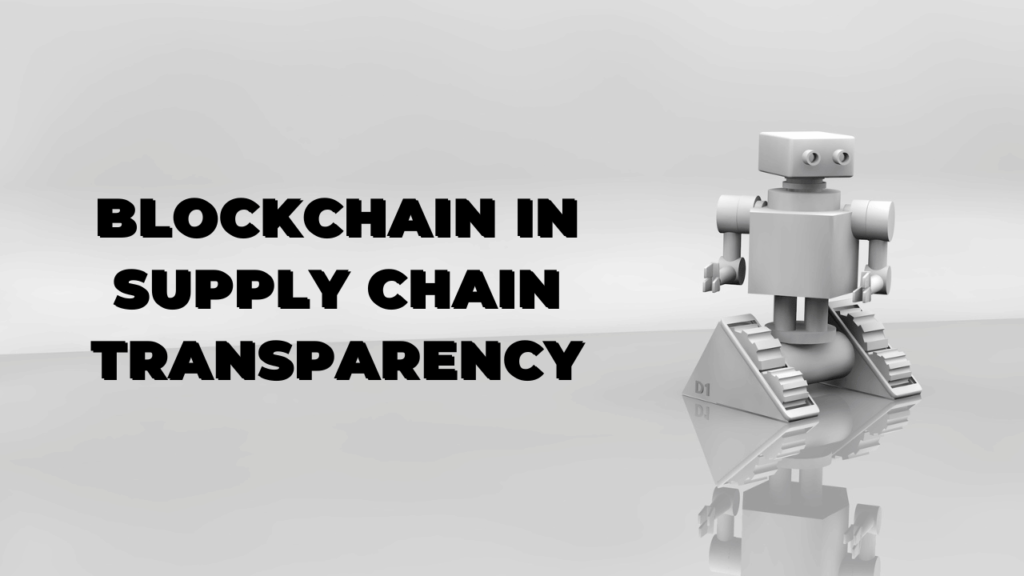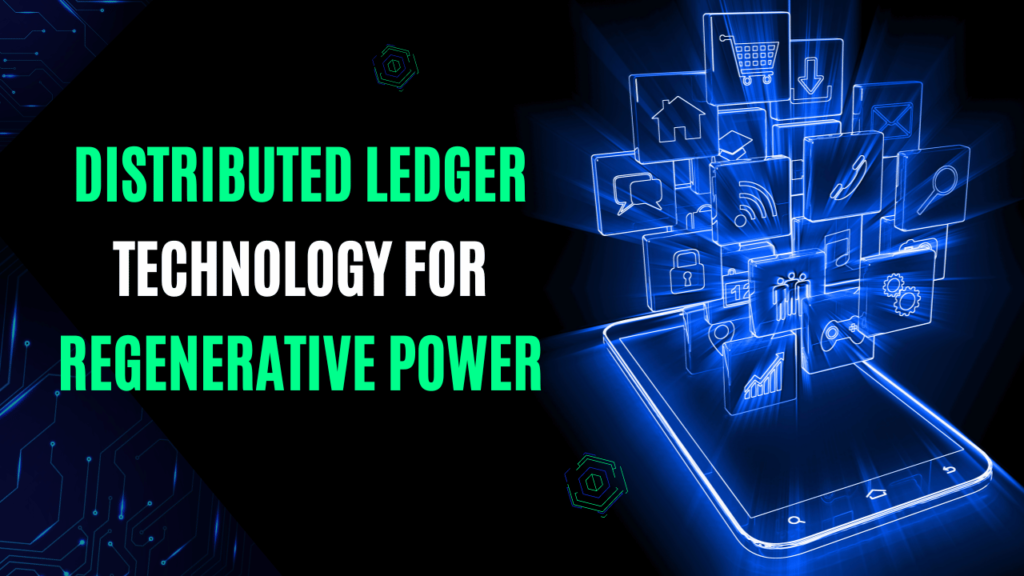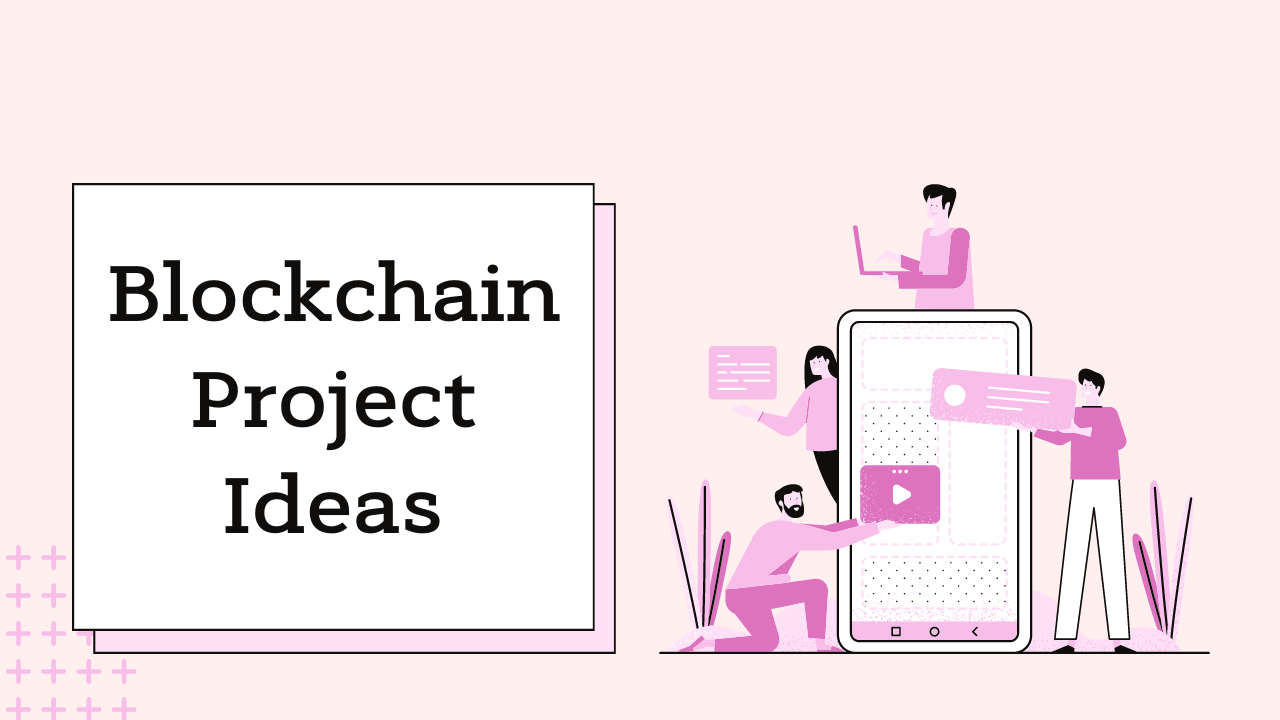With its potential to spur innovation in a wide range of industries, blockchain technology is quickly becoming a game-changer in today’s digital world. Its one-of-a-kind capacity to guarantee efficiency, security, and openness has made it an integral part of the movement to revamp legacy systems into ones that prioritize users. From energy management and healthcare to social media and real estate, this article explores a variety of blockchain project ideas that could revolutionize these sectors. Our hope is that by delving into these concepts, we can encourage business owners, programmers, and thinkers to use blockchain technology to solve practical problems, thus contributing to a future where trust and technology are inseparable.
Who Stands to Benefit from These Blockchain Innovations?
Many different groups, including governments, businesses, and consumers, stand to gain from these blockchain innovations. Better data security, privacy, and ownership—and the democratization of services—are all things that consumers can look forward to with blockchain technology. Blockchain technology, on the other hand, can help businesses streamline their operations, make their supply chains more transparent, and build trust with their customers. Blockchain technology has many potential uses in the public sector, including the simplification of procedures, the improvement of public services, and the protection of sensitive information. Additionally, blockchain applications in sustainability projects and energy management could be beneficial to the environmental sector. A more just, efficient, and secure system for everyone could be possible with the help of blockchain technology, which could solve unique problems in all these different areas.
Decentralized Applications (DApps) Reshaping User Interaction
Smart Contracts Implementation
One of the main components of decentralized applications (DApps) are smart contracts, which are agreements that are written into code and can execute themselves. They raise efficiency and cut costs by doing away with middlemen. This innovation has the potential to completely transform industries like real estate. Smart contracts automate property transactions, making them faster, more transparent, and more resistant to tampering.
Peer-to-Peer (P2P) Networks
The decentralized applications (DApps) are built on top of peer-to-peer (P2P) networks, which enable users to communicate directly with one another. Streamlined cross-border transactions, micro-lending, and peer-to-peer lending platforms can be made possible by this model, which has the potential to revolutionize financial services and make financial resources accessible to more people.
Cryptocurrency Wallet Development
To facilitate the widespread use of DApps, trustworthy and intuitive cryptocurrency wallets are essential. Safely storing, sending, and receiving digital currencies is made possible by them. One way to make cryptocurrency and related apps more accessible to the general public is to build wallets with better security features and user-friendly interfaces.
Blockchain in Supply Chain Transparency

Supply chain management that makes use of blockchain technology can greatly improve visibility and auditability. With this app, everyone in the supply chain can see the same accurate information, which improves efficiency, decreases fraud, and guarantees that products are authentic.
Tokenization of Assets
Asset management could be radically altered by tokenization, the act of transforming ownership rights into digital tokens on a blockchain. More people will be able to afford to invest in real estate, artwork, and other illiquid assets thanks to this idea.
Distributed ledger technology for regenerative power

Decentralized Energy Management
The use of blockchain technology in decentralized energy management allows for the exchange of renewable energy between individual consumers and producers. As a result, more people will be able to use renewable energy sources, and those who already have it can become “energy prosumers” by selling their excess power back to the grid or to their neighbors.
Smart Grids and Energy Distribution
To improve efficiency and decrease waste, smart grids can be built using blockchain technology. These grids can dynamically manage energy supply and demand. To promote energy efficiency and mitigate power outages, these smart grids can dynamically alter prices in response to actual demand.
Renewable Energy Certificates (RECs)
Certificates attesting to the production of a specific quantity of energy from renewable sources (RECs) can be issued, tracked, and traded more efficiently using blockchain technology. Green energy markets can expand with the help of this openness, which can increase customer trust in renewable power.
Carbon Credits Trading
Carbon trading markets can be made more efficient and transparent with the help of blockchain technology by tokenizing carbon credits. Making carbon credit trading more accessible and reliable could encourage emission reductions and bolster global efforts to fight climate change.
Energy Data Management
With blockchain technology, consumers can gain more control over their energy usage data through secure and transparent data management. This has the potential to encourage consumers to conserve energy and lead to energy services that are more tailored to their needs.
Blockchain for Digital Identity Verification
Secure Identity Management
When people use blockchain technology, they can create their own digital identities and manage them in a way that is both safe and under their control. Online identity verification has never been safer than with this system, which drastically cuts down on fraud and theft.
Decentralized Authentication Systems
Centralized identity repositories can be rendered obsolete with the advent of blockchain-powered decentralized authentication systems. This method improves security and privacy since sensitive data is not kept on centralized servers that can be hacked.
Cross-Industry Identity Verification
By offering a unified and secure way of verifying user identities, blockchain-based identity verification can benefit numerous industries, including healthcare, education, banking, and e-commerce. Through this interoperability, sectors can streamline processes and eliminate redundancies.
Self-Sovereign Identity
Individuals are able to manage their own data and decide how much to share with whom thanks to blockchain technology, which supports the idea of self-sovereign identity. This promotes confidence in online interactions while giving users more agency.
Access to Financial Services
Digital identity verification using the blockchain can greatly reduce obstacles to accessing financial services, particularly for populations that do not have bank accounts. Individuals can have access to banking, loans, and other financial products by providing a secure and verifiable identity, which promotes financial inclusion.
Blockchain in Healthcare Data Management
Revolutionizing Patient Records
Secure, immutable, and interoperable patient records are made possible by blockchain technology, which has the potential to drastically change healthcare data management. By storing medical records decentrally, blockchain technology empowers patients to manage their data and guarantees that healthcare providers have access to current patient information. This leads to a decrease in medical errors and an improvement in treatment outcomes.
Drug Traceability and Authenticity
Transparent pharmaceutical supply chains made possible by blockchain technology can guarantee the authenticity and traceability of medications at every stage of the supply chain, from manufacturing to distribution. This safeguards patients’ safety and faith in healthcare providers by lowering the possibility of fake medications reaching consumers.
Clinical Trials and Research Data Integrity
Integrity and security of research data can be enhanced by applying blockchain technology to clinical trials. It makes data unchangeable and auditable, which leads to more trustworthy and open study results. By making sure that trial results are accurate and credible, this could speed up the development of new treatments.
Consent Management in Healthcare
The use of blockchain technology allows for a safer and more streamlined method of handling patient permissions for data sharing and utilization. An adaptable and patient-centered method of protecting personal information and privacy in healthcare is made possible through the use of smart contracts, which allow patients to instantly grant or revoke consent.
Decentralized Autonomous Organizations (DAOs) in Business Operations
Automating Governance with Smart Contracts
To automate governance and decision-making processes, DAOs use smart contracts, which minimize human error and the need for manual intervention. When operations are controlled by pre-set rules encoded on the blockchain, it leads to more efficient and transparent operations.
Decentralized Decision Making
Distributed autonomous organizations (DAOs) encourage a more inclusive and democratic style of corporate governance by delegating decision-making power to members. Because decisions are based on the community’s combined knowledge and input, this can improve responsiveness and innovation.
Funding and Investment through DAOs
When it comes to managing investments and funding projects, DAOs have the potential to be game-changers. Tokenization and smart contracts allow decentralized autonomous organizations (DAOs) to support crowd-sourced funding models, which guarantee equity and transparency in the distribution of assets and ROI.
Dispute Resolution Mechanisms
Adding decentralized dispute resolution features to DAOs can make conflict resolution more open and efficient. Participants can have more faith in the process because blockchain technology makes records permanent and guarantees objectivity.
Blockchain for Intellectual Property Protection
Safeguarding Intellectual Property Registrations
Patents, trademarks, and copyrights are all forms of intellectual property (IP), and blockchain technology can create an immutable record for their registration. This system promotes innovation and decreases disputes by making sure that intellectual property rights are clearly established and easily verifiable.
Anti-Counterfeiting Measures
Counterfeiting can be drastically reduced by using blockchain technology to monitor the creation, transfer, and purchase of products. Blockchain helps guarantee authenticity and safeguards brand reputation by offering a transparent record of a product’s journey from manufacturer to consumer.
Licensing and Royalties Management
Thanks to smart contracts, blockchain technology can streamline the process of granting intellectual property licenses and paying out royalties. By streamlining the process and guaranteeing fair compensation to creators, we can foster an environment that encourages even more innovation and creativity.
Collaboration and Sharing of IP
Blockchain technology allows for the safe transfer of IP between companies, researchers, and inventors. Blockchain has the potential to increase open innovation while safeguarding the rights of all stakeholders by creating an auditable and permanent record of intellectual property (IP) usage and cooperation agreements.
Frequently Asked Questions
Q: What is a blockchain?
A: Blockchain is a distributed ledger system that ensures immutability, transparency, and security by recording transactions across various computers.
Q: How does blockchain ensure data security?
A: Blockchain uses decentralized consensus mechanisms to validate transactions and cryptographic hashing to make it nearly impossible to alter historical data undetected.
Q: Can blockchain technology be hacked?
A: Although no system is completely secure from hackers, blockchain is far more secure than centralized databases due to its decentralized nature and cryptographic security measures.
Q: What industries can benefit from blockchain technology?
A: Blockchain technology has potential applications across numerous industries, including finance, healthcare, supply chain management, energy, intellectual property protection, and more.
Q: How does blockchain technology support sustainability?
A: Blockchain can support sustainability through applications like decentralized energy trading, which promotes renewable energy use, and supply chain transparency, which can enhance the accountability of businesses regarding environmental and ethical practices.
Also Read: Fintech Blockchain: Benefits & Use Cases
Final Words
When considering the revolutionary and game-changing possibilities of blockchain technology, these project ideas are merely scratching the surface. With its focus on efficiency, transparency, and security, blockchain technology has the potential to revolutionize various industries by providing long-term, user-friendly solutions. From supply chain management to decentralized finance, the applications of blockchain are vast and varied. Whether it’s creating immutable digital identities or enabling frictionless micropayments, Blockchain Project Ideas hold the promise of transforming how we interact with data and transactions. The future seems bright as we delve deeper into blockchain’s potential uses, opening up a world where technology does more than just solve problems; it promises to benefit everyone involved.

Timothy Jensen is an expert writer who specializes in the world of cryptocurrencies, including blockchain technology and Bitcoin. He has a passion for explaining complex topics in an easy-to-understand way. Timothy’s work aims to demystify the digital currency landscape for his readers.

